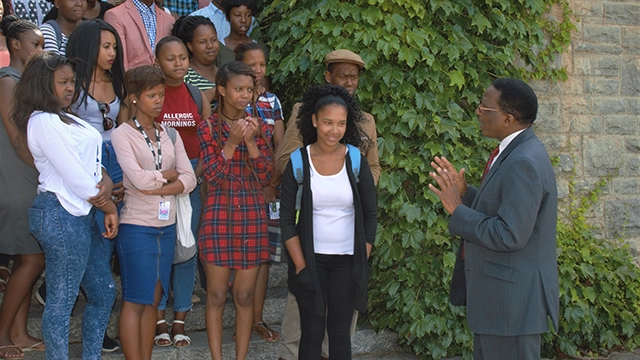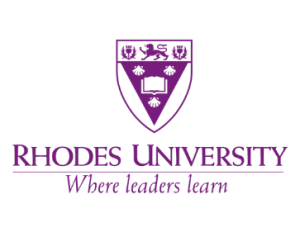Outstanding educators recognised at Makhanda’s first Teacher Awards

By Siviwe Mxuma In mid-2023, visiting representatives of the KAVOD Foundation were deeply impressed by the significant progress in Makhanda’s education sector. During this visit, discussions with GADRA Education Manager, Dr Ashley Westaway, regarding ways to further elevate the status of the teaching profession in Makhanda took place. This conversation led to the proposal […]
[PRESS RELEASE]: Rhodes University Spearheads Transformative Makhanda Education Summit

Rhodes University is delighted to announce the hosting of the transformative Makhanda Education Summit, led by Vice Chancellor Prof Sizwe Mabizela. Scheduled for the 27th and 28th of January, this pivotal event is set to enhance the educational landscape of Makhanda, focusing primarily on early childhood development (ECD) and primary and secondary schooling phases. In […]

